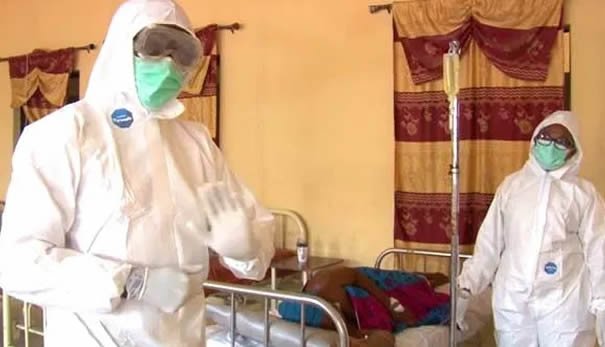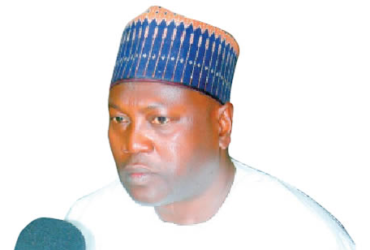Latest reports indicate that Nigeria has documented 1,035 confirmed cases of Lassa fever out of 8,569 suspected cases, resulting in 174 deaths across 28 states and 129 local government areas as of October 13, 2024. Additionally, the country has recorded 380 confirmed cases of Cerebrospinal Meningitis out of 4,915 suspected cases, with 361 deaths in 24 states spread across 174 LGAs during the 2023/2024 season.
During a press briefing in Abuja, the Director General of the Nigeria Centre for Disease Control and Prevention, Dr Jide Idris, shared these figures. He highlighted the collaborative efforts of the Federal Government, the Federal Ministry of Health and Social Welfare, and the NCDC in leading the initiatives to prevent, detect, and respond to Lassa fever cases nationwide annually.
Lassa fever, caused by the Lassa virus, is an acute viral haemorrhagic fever. The virus primarily resides in the multimammate rat (commonly known as the African rat) but can also be carried by other rodents.
Dr Idris pointed out various factors contributing to the rise in reported Lassa fever cases, including enhanced surveillance, increased community awareness, environmental challenges due to climate change, and detrimental human activities.
He emphasized the human toll of Lassa fever outbreaks, stressing that the disease not only presents statistics but also represents the loss of cherished family members, partners, and parents.
Regarding Cerebrospinal Meningitis (CSM), Dr Idris highlighted its status as an epidemic-prone disease with cases reported year-round in Nigeria. Factors such as dry weather conditions during the dusty season, accompanied by winds, cold nights, and frequent upper respiratory tract infections, elevate the risk of infection, particularly in crowded and poorly ventilated environments.
The ‘Meningitis Belt,’ comprising 19 northern states, the Federal Capital Territory, and select southern states, experiences the highest burden of CSM in Nigeria. In the 2023/2024 period, the country recorded 4,915 suspected cases, 380 confirmed cases, and 361 deaths across 174 LGAs in 24 states.
Efforts to combat CSM included the administration of 2,281,750 doses of Men5CV- ACWYX in targeted regions and wards. The campaign aimed to vaccinate individuals aged one to 29 years, who make up 70% of the population.
Despite advancements in surveillance, diagnostics, and vaccination, CSM remains a pressing public health concern in Nigeria. Annual outbreaks in high-burden states pose challenges to individuals, healthcare systems, economies, and communities.
Dr Idris advised Nigerians to seek appropriate vaccinations to guard against meningitis, avoid prolonged contact with confirmed CSM cases, prevent overcrowding in various communal settings, and encouraged healthcare workers to adhere to infection prevention protocols and report suspected cases promptly.
















Leave a Reply